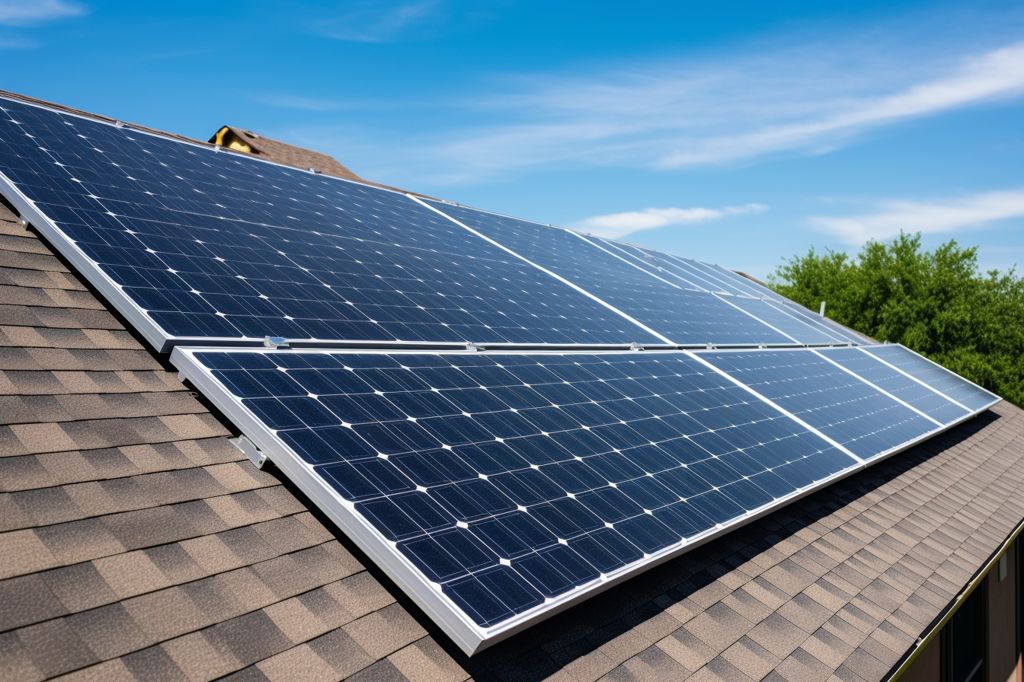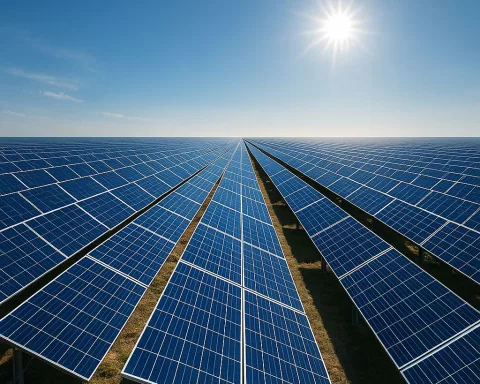In the midst of South Africa’s ongoing energy crisis, the city of Cape Town is leading the way in efforts to combat load-shedding and create a more sustainable future for its citizens. At a recent Small-Scale Embedded Generation (SSEG) event, Mayoral Committee Member for Energy, Councillor Beverley van Reenen, outlined the city’s ambitious plans.
The Energy Crisis in South Africa
The current energy crisis in South Africa is the result of a combination of factors, including inadequate generating capacity, aging coal-powered stations, and issues within Eskom, the national power utility. Minister of Electricity in the Presidency, Minister Ramokgopa, has stated that Stage 6 load-shedding is likely to continue indefinitely.
Cape Town’s Plans for Mitigating Load-Shedding
Under the Mayoral Priority Programme, Cape Town aims to mitigate up to four stages of load-shedding within the next three years. A key component of this strategy involves promoting the uptake of SSEG, which includes supporting the implementation of safe and effective residential and commercial systems, offering feed-in tariffs and incentive tariffs to encourage excess energy generation, and crediting customers for their contributions to the grid.
Impressive Results from SSEG Initiative
Cape Town’s proactive approach to combating load-shedding has already yielded impressive results, with over 5,000 new SSEG installations approved and a record-breaking 1,040 applications received in the first three months of 2023 alone. This surge in interest highlights the public’s willingness to embrace change in the face of adversity.
The Importance of SSEG for Small and Medium-Sized Enterprises
Councillor Van Reenen emphasizes the importance of SSEG, particularly for small- to medium-sized enterprises that rely on consistent energy supply to maintain their businesses and ensure the livelihoods of their employees. By investing in this alternative energy source, Cape Town is taking vital steps towards a more sustainable and energy-secure future.
Cape Town’s Comprehensive Energy Priority Programme
In addition to promoting SSEG, Cape Town’s Energy Priority Programme includes several other initiatives to combat load-shedding and foster sustainability. These initiatives include:
- Allocating R220 million to embedded independent power purchase, which enables the city to buy electricity from independent power producers
- Allocating R288 million to the Power Heroes programme, which incentivizes voluntary power reduction by rewarding consumers who reduce their electricity usage
- Investing an estimated R1 billion in Steenbras pumped storage over the next nine years to facilitate increased renewable energy generation and storage
- Investing R640 million in solar PV, advancing the deployment of solar energy systems across the city
- Allocating R53 million to the Cash for Power programme, allowing businesses and residents to sell excess power back to the city and further incentivizing the adoption of renewable energy systems
- Investing R50 million in battery storage, improving the city’s ability to store and distribute renewable energy
- Devoting R32 million to waste-to-energy initiatives, promoting the conversion of waste materials into usable energy and reducing the city’s reliance on fossil fuels
A Forward-Thinking and Dynamic Approach
Cape Town’s efforts to combat load-shedding and transition towards a more resilient and eco-friendly energy landscape demonstrate its unwavering commitment to securing a brighter, more sustainable future for its residents and businesses. With a wide range of initiatives and substantial investments in alternative energy sources, Cape Town serves as a model for other cities facing similar challenges. While the path to a sustainable energy future may be long and challenging, Cape Town’s efforts provide hope and inspiration for a brighter tomorrow.












